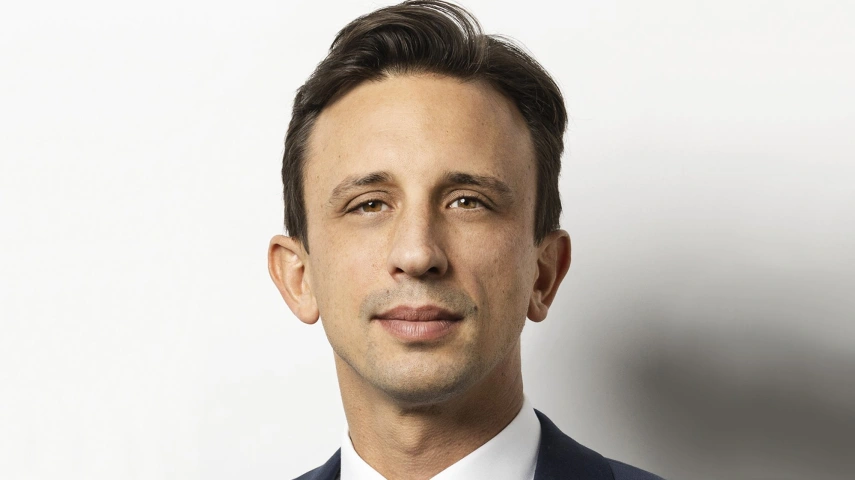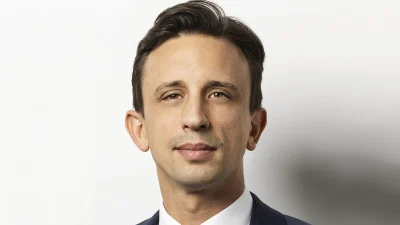The need for high barriers to entry in fund management



The barriers to success when launching a new asset manager are getting higher and higher, according to Blackwattle Investment Partners’ managing director, Michael Skinner.
Appearing on an upcoming episode of Relative Return, Skinner discussed setting the firm up as it approaches its first anniversary in May 2024.
While he believed it is difficult to set up a new firm, he stressed the high barriers imposed on new starters are a good thing for the industry given the role of fund managers in looking after other people’s money.
He said: “The barriers to entry in fund management are relatively low, but the barriers to success are getting higher and higher. To do fund management well is difficult, complex and expensive.
“We are proud that we have put in class best governance, operations, distribution, etc. to make sure we produce the best risk-adjusted returns possible.”
But he disputed the idea that the regulator should make it easier as he feared it would damage the competitiveness of the industry or stymie innovation.
“If the barriers were too low and too many people were doing that, then the risk/return equation might diminish and people might be delivering lower returns at a higher risk.
“The fact they are getting higher and higher is a good thing for the industry as long as it remains competitive.”
Referencing specifically setting up Blackwattle, he said much preparation was put into getting the firm ready to launch. Having formally launched in May 2023, it currently has six funds: Small Cap Quality, Small Cap Long/Short Quality, Mid Cap Quality, Long-Short 130/30 Quality, Large Cap Quality and Global Quality.
Most recently, it appointed a four-person investment team in March who formerly worked together at Antipodes to run its Global Quality fund. This included portfolio manager Sunny Bangia who spent eight years at the firm as a global and emerging market fund manager.
Skinner said: “A lot of conversations and hard work over many months went into setting up the firm. We knew we wanted to launch more than one product, as only one limits your investment audience, so we wanted at least three into the Australian market to gain media and market attention and talk to the largest investor base.
“It also builds a resilient business; we are fully cognisant that funds go through periods of outperformance and underperformance, so having three products underpinning the business made it more resilient.
“The final piece of the puzzle was to do risk, operations, distribution and ESG well, and that is expensive. We managed to get great support and backing and raise seven years of working capital to underwrite the business which gives the opportunity to do things well with the right systems and governance in place.”
To listen to the full episode of Relative Return with Michael Skinner, visit our podcast page on 19 April.
Recommended for you
Clime Investment Management has welcomed an independent director to its board, which follows a series of recent appointments at the company.
Ethical investment manager Australian Ethical has cited the ongoing challenging market environment for its modest decrease in assets over the latest quarter.
Commentators have said Australian fund managers are less knowledgeable compared with overseas peers when it comes to expanding their range with ETFs and underestimating the competition from passive strategies.
VanEck is to list two ETFs on the ASX next week, one investing in residential mortgage-backed securities and the other in Indian companies.















